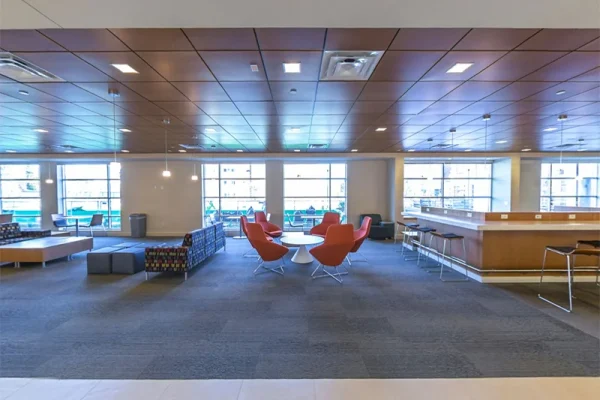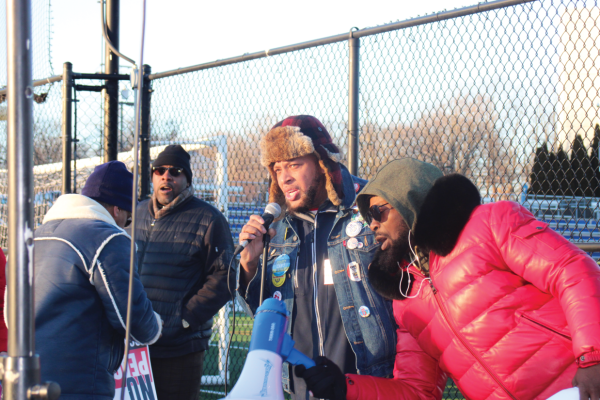The Commuter Experience
The month of March is Commuter Spirit Month. The University of New Haven has over 6,ooo students, of those students there are about 1,000 that commute to campus each week. Some students travel from as far as 40 miles away and others only 10 miles. Some students share apartments with roommates and some live at home with their families. Many do not realize the unique challenges commuters face in addition to just being a college student.
Students who choose to live off campus usually do so to save money on room and board; however, commuters end up sacrificing the convenience that goes along with campus living. Finding parking, getting involved on campus and meeting people, what to do for meals, and having to bring everything you need with you for the day are just some of the things that commuters must consider every single day before they leave home.
Finding a parking spot on campus can be a struggle, although the school offers a number of commuter parking lots around the campus, the number of parking spaces is not enough to accommodate everyone who needs to park there.
“Parking is hard. I get here around 8 or 9 it’s not bad. If you get here in the afternoon forget about it, sometimes I have to drive around for 4o minutes to find a spot, I’m wasting so much gas driving around,” said Samantha Lupacchino, a junior criminal justice major.
“I commute from home, I always try to get to campus by 9:00am to find parking in the Celentano lot. Often, when I get to campus around 9:15, I won’t be lucky enough to find parking in Celentano. On Fridays it is somewhat easier to find parking since not as many students are on campus for classes,” said Eungee Hwang, a senior criminal justice major.
Another challenge commuters face is getting involved in activities on campus whether it is joining a student organization or attending an event held on campus.
“I wasn’t really involved on campus in my Freshman year, but in my Sophomore year I joined PIRO, and XKP. You have to push yourself a little bit, the time of the meetings and events are usually at night and all my classes are in the morning. I usually leave campus late at night,” explained Lupacchino.
“During my first year I really hated being a commuter. Most of my classes were in the morning or early afternoon, and most club meetings took place in the evening so it was really hard for me to get involved on campus,” added Hwang.
Many commuter students do not eat at the campus dining facilities because they do not have a meal plan. As a result, many students will bring food with them from home.
“I bring all my meals with me, I usually eat breakfast in my car. It’s rare to get anything from the dining halls, I’m trying to save my money and I like the food that I make,” Lupacchino explained.
The University is spending the month of March celebrating and appreciating commuters, but there is always more to be done.
“Improve parking and make commuter resources more known,” said Lupacchino when asked what the school could do to help commuters.
“I would like to see more opportunities for commuter students to come together. I can’t speak for all commuter students, however, there is a bit of feeling left out from the other student population, especially if you’re a first year student,” Hwang added.










